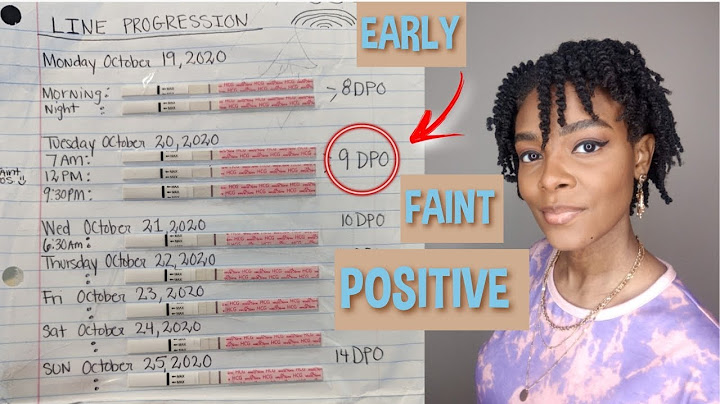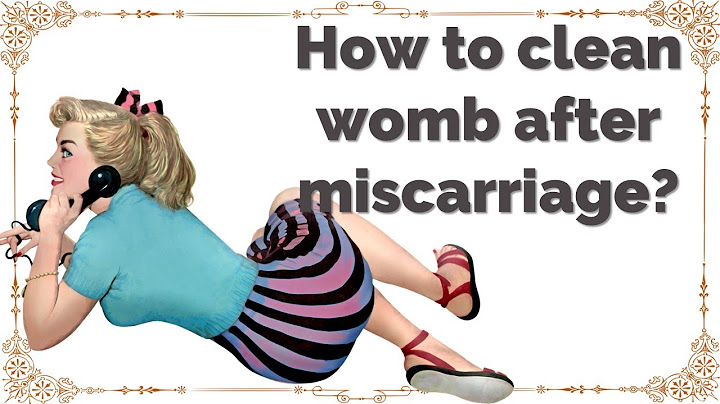Your weeks of pregnancy are dated from the first day of your last period. This means that in the first 2 weeks or so, you are not actually pregnant – your body is preparing for ovulation (releasing an egg from one of your ovaries) as usual. Your "getting pregnant" timeline is: Find out more about trying to get pregnant. The first thing most women notice is that their period does not arrive. Find out about the signs and symptoms of pregnancy The most reliable way of finding out if you're pregnant is to take a pregnancy test. Once you think you could be pregnant, it's important to get in touch with a midwife or doctor to
start your pregnancy (antenatal) care. You can do this by contacting: In the early days and weeks of pregnancy, you may not know if you're pregnant. But you can do the following things: You can get supplements from pharmacies and supermarkets, or your GP may be able to prescribe them for you. If you want to get your vitamin D or folic acid from a multivitamin tablet, make sure the tablet does not contain vitamin A (or retinol). You can get vitamin supplements containing folic acid and vitamin D free of charge if you're under 18, pregnant or breastfeeding and qualify for the Healthy Start scheme. Sign up for Start4Life's weekly emails for expert advice, videos and tips on pregnancy, birth and beyond. Go to you and your baby at 4 weeks pregnant. Page last reviewed: 12 October 2021 If you are trying to conceive, it may be hard to wait until you take a pregnancy test to see if you’re pregnant. In fact, you may wonder about some of the things you’re feeling shortly after ovulation — could they be pregnancy symptoms? While taking a home pregnancy test a day after your missed period — or even a few days after that — is the best way to determine if you’re pregnant, some women may wonder about symptoms as early as 4 DPO, otherwise known as 4 days past ovulation. In reality, your symptoms aren’t likely to start until around the time of your missed period (about 14 DPO). But anecdotal evidence suggests it’s possible to have signs earlier. Let’s take a closer look. 4 DPO is a very early stage in your cycle’s luteal phase, or time after an egg is released. If the egg released during ovulation is fertilized, it’s an early step toward becoming pregnant. If the egg was fertilized by a sperm cell when you ovulated, the fertilized egg will transform into a zygote. Eventually, the zygote will travel down the fallopian tubes, making its way to becoming a morula or a blastocyst. This is the beginning stage for an embryo. When an embryo implants in your uterine lining, you’re considered pregnant. But all this takes time. At 4 DPO, fertilization, if it occurred, has only just occurred, and the fertilized egg is just starting its journey toward the uterus. It’s normal for women to have a heightened awareness of any bodily changes when they’re actively trying to conceive. Some women may experience symptoms this early on, but don’t worry if you aren’t exactly feeling pregnant at 4 DPO — because technically, you’re not. Some women may start to experience mild symptoms at 4 DPO but it’s more likely that you’ll need to wait a few weeks. The earliest symptoms of pregnancy you may start to notice include:
A missed period is the most telltale sign of pregnancy, but if you’re 4 DPO, you likely have around 9 to 12 days before you’ll experience this sign. Other symptoms that you may experience within the first trimester of pregnancy include:
It’s important to pay close attention to your body as it changes. Talk to your doctor if you have any questions or concerns about early pregnancy symptoms. If you’re trying to conceive, it’s normal to be antsy for results! The most accurate and reliable results will show up best from the first day of your missed period — likely around 13 to 15 DPO. It may be best to wait at least three weeks after conceiving before taking a test if you don’t have regular menstrual periods. Some pregnancy tests may have instructions specific to the test you take. Check the packaging on the test before taking it. Can I be pregnant and test negative?If your test comes back negative and you still think you’re pregnant, it’s certainly possible! You may have taken the test too early and need to produce more pregnancy hormones first. You can talk to your doctor, who may recommend taking a blood test for the earliest and most accurate results. False positives are rare. Positive pregnancy tests rarely indicate something other than pregnancy, including:
While it’s unlikely for signs of pregnancy to show at 4 DPO, some women report symptoms. Talk to your doctor if you’re concerned about your pregnancy or have questions about conception. Can you feel pregnant in 3 days?It's unlikely that you will experience any pregnancy symptoms at 3 DPO. The luteal phase starts the day that you ovulate and continues until you have your first day of bleeding (not spotting). The luteal phase typically lasts 10–16 days.
Can you feel pregnant 2 days after?Early symptoms of pregnancy are usually different for every woman. Some women might experience the first symptoms a week or two after conceiving, whereas others don't feel anything for months.
Can u tell if your pregnant after 4 days?A missed period is the most telltale sign of pregnancy, but if you're 4 DPO, you likely have around 9 to 12 days before you'll experience this sign. Other symptoms that you may experience within the first trimester of pregnancy include: fatigue. bloating.
|

Related Posts
Advertising
LATEST NEWS
Advertising
Populer
Advertising
About

Copyright © 2024 chuyencu Inc.


















